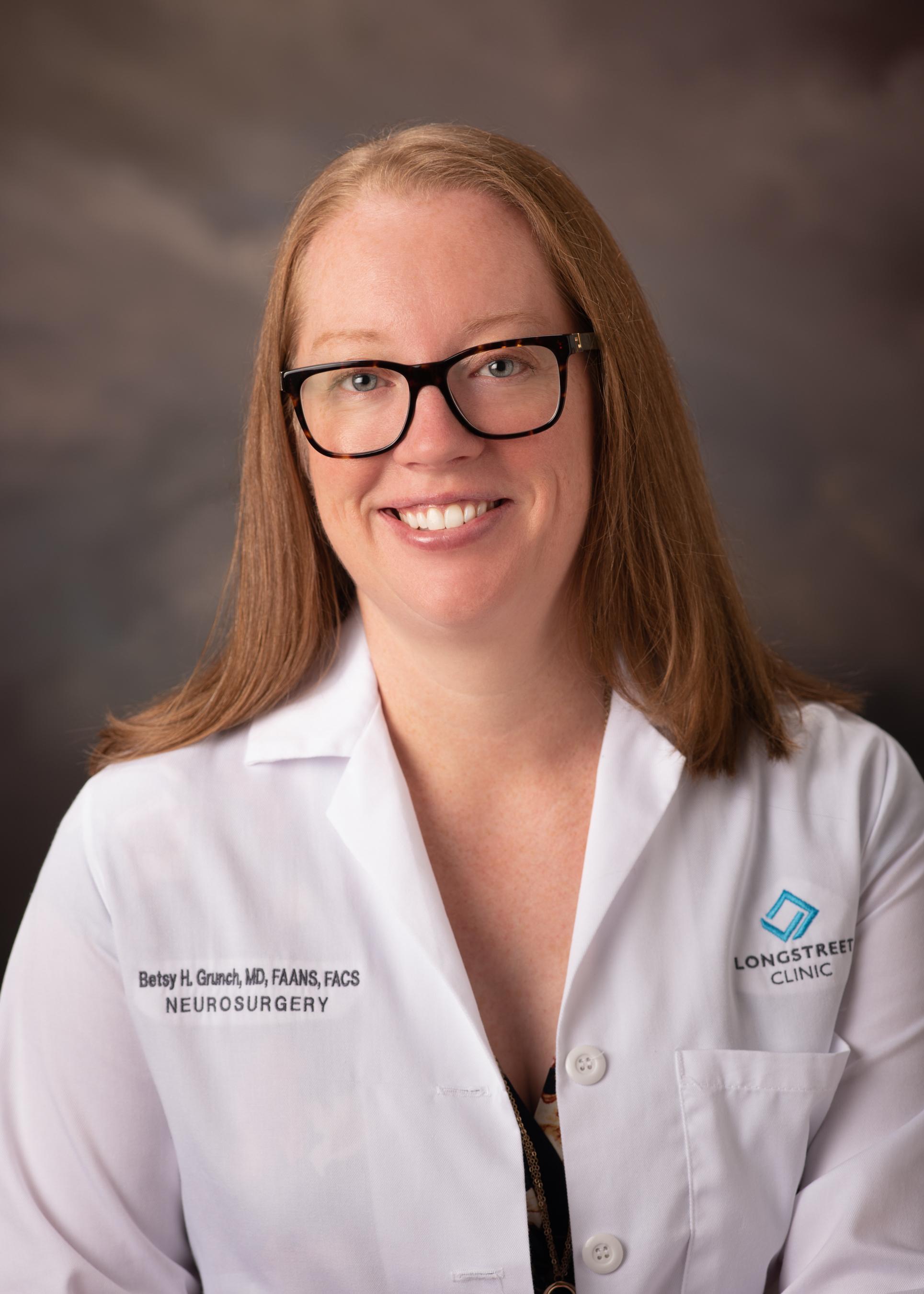For years, Rhonda Clark powered through pain with grim determination. It will get better, she’d tell herself. It always did.
As far as she was concerned, a badly degenerative spine condition and the bouts of excruciating pain that came with it were just a part of life. She chose to deal with it — especially when the alternative would mean putting the needs of her son second.
So it was that Rhonda utilized a combination of chiropractor visits, pain fighting routines and old-fashioned perseverance to overcome the scoliosis diagnosed in her teenage years.
It was a combination that allowed her to always – always – be there for her youngest son Reid, who was wheelchair bound due to a blood clot that had denied his brain critical blood flow as a child.
But one morning, after weeks of trying to make the pain go away, it wouldn’t.
“It was 2015 and the pain was becoming unbearable,” Rhonda recalled. “I try not to complain; that’s just the way I raised. I was always the well one and then suddenly I was literally crawling out of bed. It was a relentless struggle for the next two years.”
And not just physical torment either, as Rhonda also suffered from the emotional stress of wondering how best to care for Reid, now 20.
“I have been my son’s primary caregiver his entire life, and I was getting fearful and wondering, ‘what if I can’t take care of him? Or myself?’” Rhonda said. “I constantly worried about my husband because he was trying to take care of me, Reid, and all the things I normally took care of, plus working a full-time job. I felt completely helpless, because there wasn’t anything I could do to fix it.”
In her darkest moment, however, Rhonda found a ray of light in the form of a recommendation.
“My husband Ken worked for the Hall County Fire Department, and one of his co-workers there, Zach Philyaw, had seen Dr. Betsy Grunch, a neurosurgeon with Longstreet Clinic. Dr. Grunch had operated on Zach, and he raved about what she did for him, so I decided to go see her.”
It was a decision that changed Rhonda’s life. And, with a steady hand from Dr. Grunch, allowed Rhonda to regain control.
“Neck and back problems are certainly common – 95 percent of people will experience neck and back pain at some point in their lives,” Dr. Grunch said.
“Most of the time, we’ll treat it with six to eight weeks of therapy and people will do just fine. But Rhonda was in an unusual position: She was young with debilitating issues. But she was not going to let that change her life. So, she put in a lot of work and effort to take back control.”



